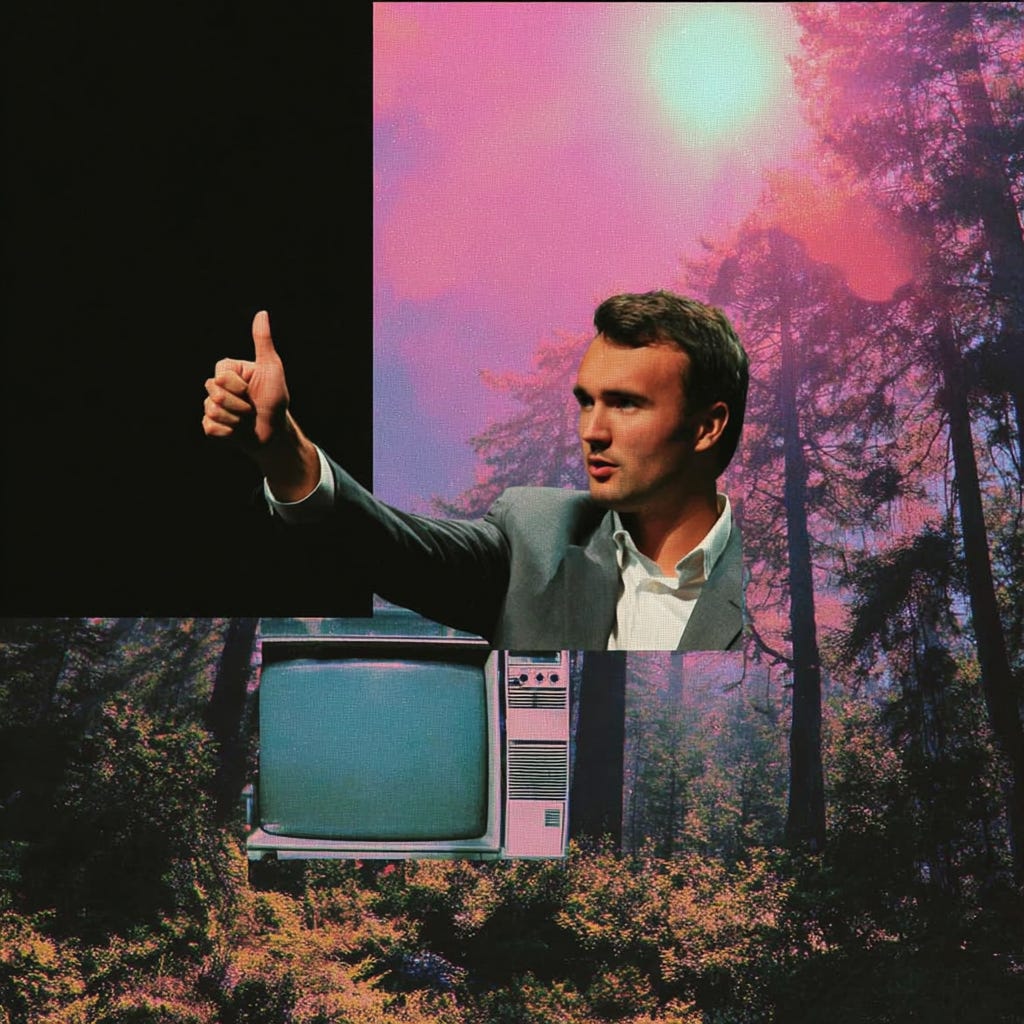A Forest of Falsehoods
The internet has become a place to get lost in all the wrong ways
The internet was once heralded as a library without walls, a grand bazaar of knowledge where anyone could stroll in, pluck wisdom from the shelves, and leave enlightened. Today, it more closely resembles a carnival funhouse built by arsonists: every mirror distorts, every hallway loops back on itself, and everything is sticky with spilled Mountain Dew.
W…




